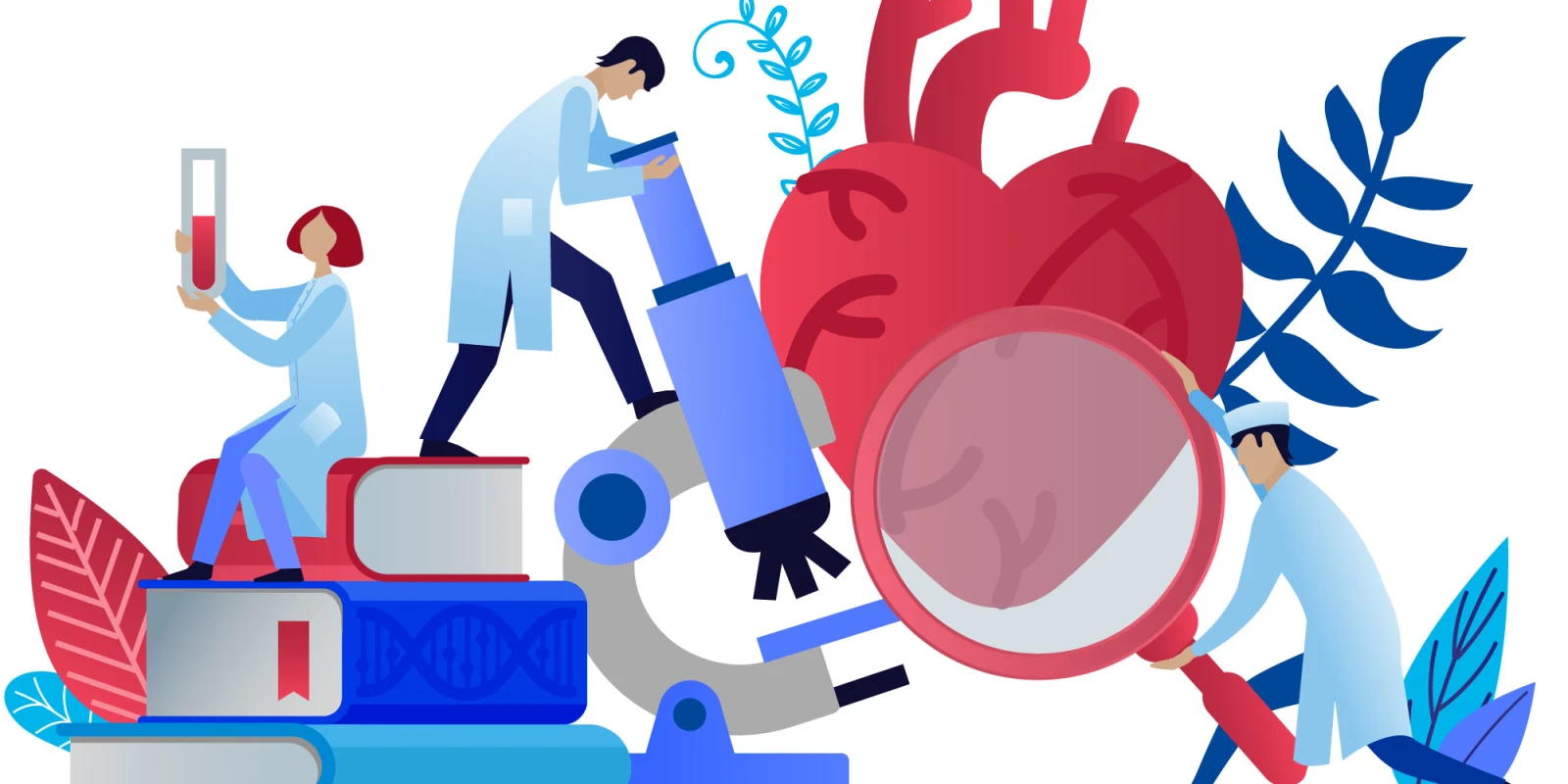
I remember the day I fell in love. I was standing in the CCU rounds at the infamous Brigham and Women’s Hospital, having stayed up all night to do five admissions and running only on 1.5 hours of sleep and four cups of coffee. Maybe it was the delirium from the lack of sleep and dehydration or the thrill of having placed an arterial line all by myself. Whatever it was, I remember it was divine. I felt as if I was floating. My patient had come in with a proximal LAD infarct that left him in cardiogenic shock and my resident and I had spent the night at the bedside resuscitating him and managing his shock. And the numbers on rounds were the testament to our hard work. His MVO2 and lactate had improved, his urine output had picked up and his pressor requirement was decreasing. I remember being hypnotized by the colorful tracings of the PA catheter, arterial line, plethysmograph, electrocardiogram, and intra-aortic balloon pump as they rhythmically beeped. That was the day I fell in love with the practice of Cardiology, my first love.
And, with each passing day, my love for Cardiology has only deepened. Cardiology can offer so much as a field, no matter what your interests may be. As an Interventionalist, you can take someone on death’s door and turn them with your treatment. As an Electrophysiologist, you can prevent or treat a life-threatening arrhythmia that would otherwise lead to a sudden and unexpected death. As a Preventive Cardiologist, you can use all the tools in your toolkit to prevent someone’s loved one from having an MI or CVA before it changes their life forever. As a Cardiac Imager, you can literally look into someone’s heart and tailor therapy and guide management. As a Cardiac Researcher, you can choose your passion, from cell culture to large-scale clinical trials. Cardiology, as a field, spans the spectrum of care from prevention to imaging to intervention to critical care. And, in a single day, I often find myself doing all of these — I’m in the ICU in the morning, then on consult rounds, followed by time in the clinic and finish the day reading echoes and nukes. Such versatility and variety is hard to come by in any other medical field.
So then, why are fewer and fewer people choosing clinical Cardiology as a profession? And why are some others leaving the field for good after only a few years in practice? Is it the hours and the stress? Or is it that the grass appears greener in non-clinical medicine? Or is there a perceived misconception that the “work-life” balance does not exist for Cardiologists? We are losing top medical school trainees and colleagues to other fields, including other fields in medicine (such as Dermatology), as well as non-medical fields such as venture capital, consulting and pharmaceutical companies. But what is perhaps the most unsettling is the recent attrition of Cardiologists to tech companies such as Google, Apple and Amazon. It is no surprise to me that such companies are recruiting Cardiologists, who are arguably the most versatile physicians, to stand at the helm of their expensive new undertakings. Furthermore, although health technology continues to pervade every specialty in medicine, Cardiology is probably the field that has the greatest number of applications when it comes to health technology and devices (i.e. ambulatory arrhythmia detection, BP and HR monitoring, assessment of cardiac fitness, etc) and this may be another reason for this emerging career path for Cardiologists.
But, what does it mean for the field of clinical Cardiology as we know it? As technology giants like Amazon continue to grow and dominate almost every realm of our lives, do you think many Cardiologists will choose this as a career path and abandon clinical Cardiology altogether?
With these types of changes looming on the horizon, how do we make the practice of Cardiology more attractive to the younger generation of budding physicians? I think the answer lies in helping younger physicians to understand the endless doors that can be opened and many possible career paths when one pursues a career in Cardiology. And, helping them to appreciate that a career in Cardiology can perhaps offer them an even better “work-life” balance than other professions.
For me, I am not sure I could ever completely abandon my first love. Yes, we have days when we argue and don’t get along and days when we make each other’s lives difficult, but clinical Cardiology has always been something that enriches my life in such a fundamental way that it will always be a part of whatever I end up doing. And, I hope others in the next generations aren’t seduced by the siren songs of other fields and can see and love the practice of Cardiology for all the wonderful and the fulfilling career paths it can offer.
Payal Kohli, MD is a Cardiologist and a 2018–2019 Doximity Author.





